PBP Insights
Want to empower a woman? Give her market access
By Hedvig Alexander
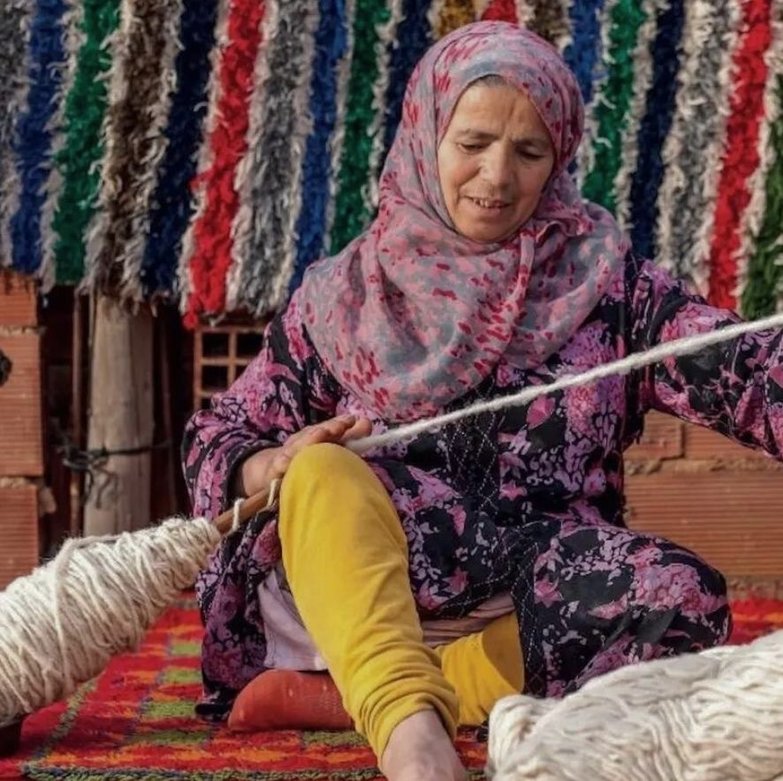
Alcantara-Frederic, Morocco
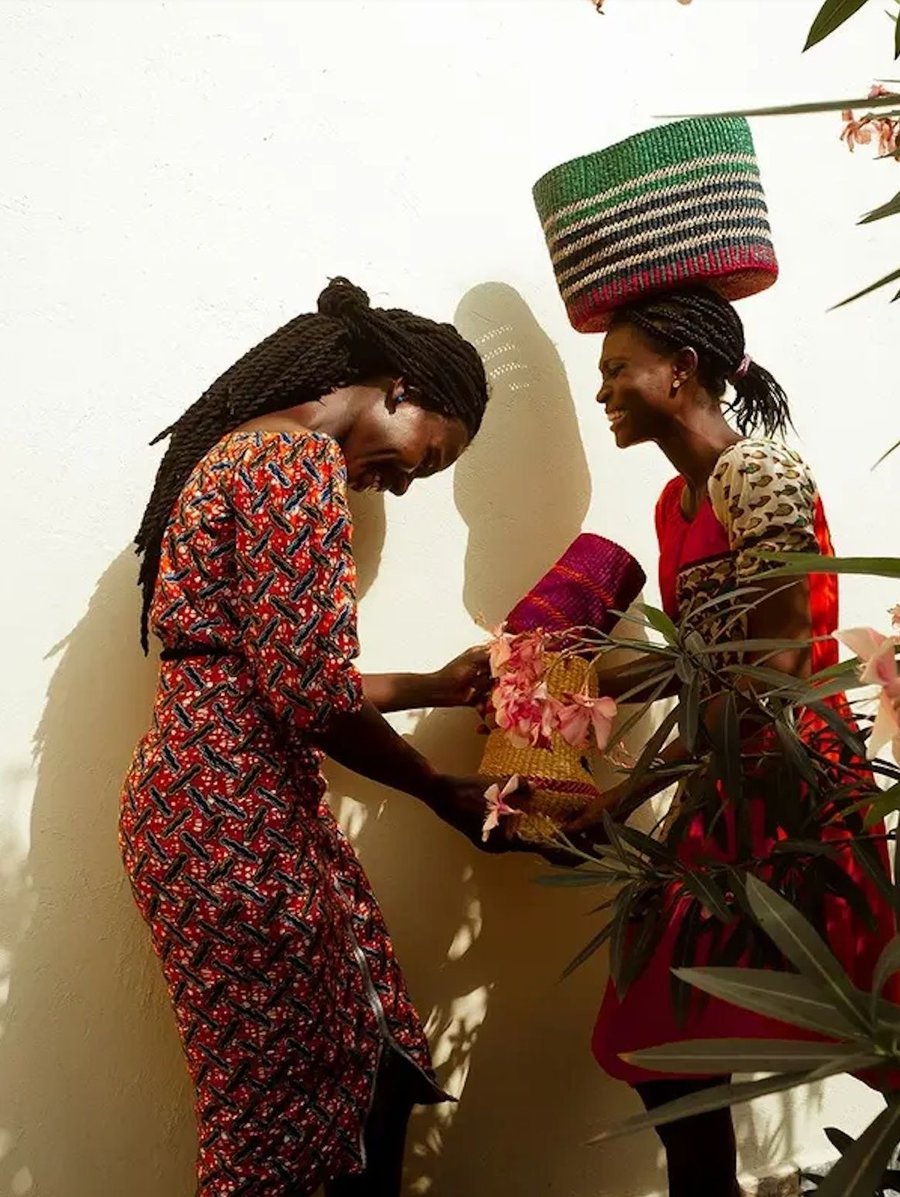
AAKS, Ghana
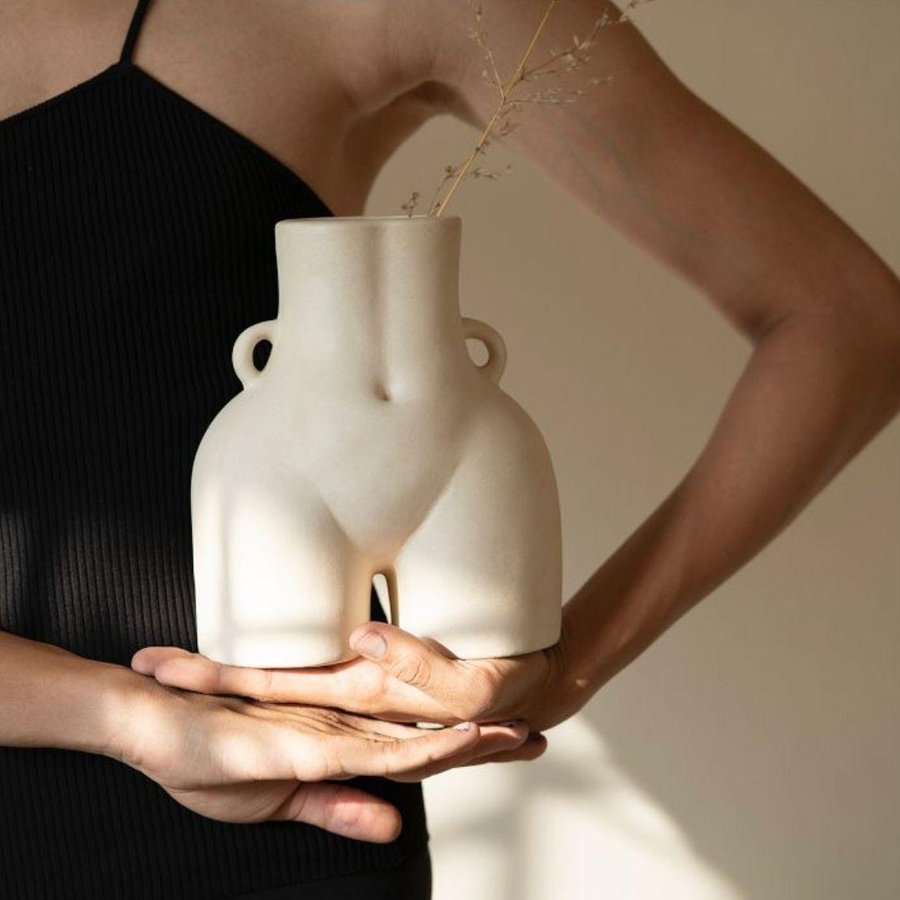
Osmos Studio, India
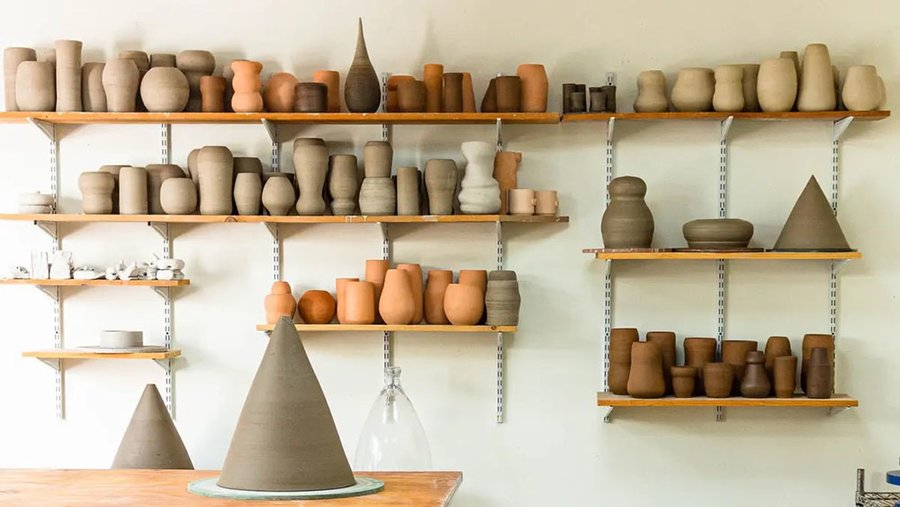
More than a decade of working on the front lines of development has convinced me of one thing: One of the biggest obstacles for low-income countries on the path to prosperity is lack of access to markets - local and international.
I spent a great part of my career working for the United Nations and charities in developing economies. Places with countless talented craftspeople that create outstanding products.
The problem? Beyond the local bazaar, access to buyers is limited. But now, there is a golden opportunity. Western consumers are increasingly interested in unique, authentic, handmade accessories, home decor and fashion items these artisan makers produce. The challenge is to create a reliable supply chain linking artisans to this growing market.
Part of the problem has to do with the aid system itself. Donor agencies are eager to invest in training and skills development, but less comfortable investing in less ‘flashy’ factors that could have an enormous impact on market access, such as logistics, affordable payments, marketing and sales. Luckily philanthropic foundations and initiatives are showing more interest and have the necessary flexibility to get involved.
At the same time, mainstream retailers worry that sourcing from emerging market artisans is too risky. Online platforms that currently carry these products tend to only work with artisan makers and producers from more connected regions, that have access to a computer, have a credit card and access to reliable postal systems. Unfortunately, this excludes many talented artisans in the developing economies.
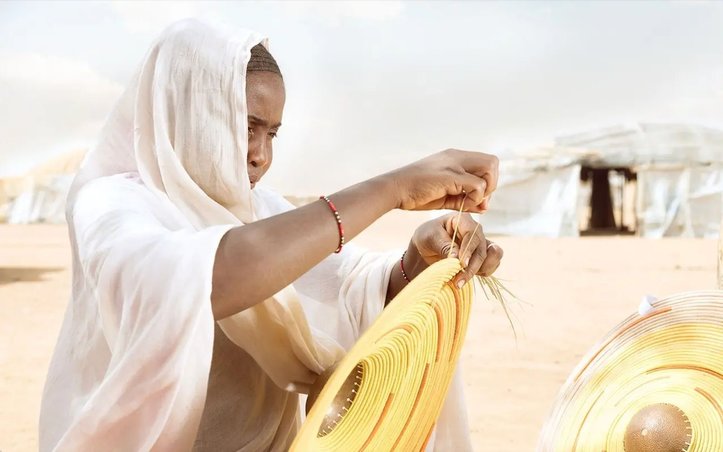
AAKS, Ghana
Ginger and marigold jellies in a serving vessel by Fefo Studio.
Consumers Worldwide should have more choice. They should also have the chance to truly help countries such as Afghanistan, Kenya and Colombia with their purchasing power. The craft sector is the second largest employer after agriculture in many developing countries. It represents an opportunity for thousands — millions even — to earn a living and own their own business. Moreover, craft are often made by women, who rank among the most vulnerable in many of these societies.
If women are able to earn a decent living, there is a proven trickledown
effect. Their families and communities thrive. Their work usually does not
require literacy, but rather concrete skills that are passed on, creating an
important legacy for generations to come. In even the most deeply conservative
countries, craft production allows women to empower themselves and lift their
families out of poverty.

Asili Design, Kenya
We started Powered by People to help overcome the obstacles artisan makers in developing economies face in accessing markets. Our startup challenges are related to building intuitive software allowing artisan makers to easily create a digital identify that show case them and their products, the ability to pay our artisan makers anywhere without them incurring assonant fees as well as affordable shipping.
Now more than ever there is an opportunity to level the playing field by connecting isolated and disadvantaged communities to the global economy through innovative business models, affordable services and technology.
The way we choose to spend our money gives us more power than almost anything else we can do. Its crucial for us all to identify responsible and sustainable ways to include artisan makers from emerging economies — most of whom are women — in the global economy
Hedvig Alexander is a co-founder of Powered by People.
